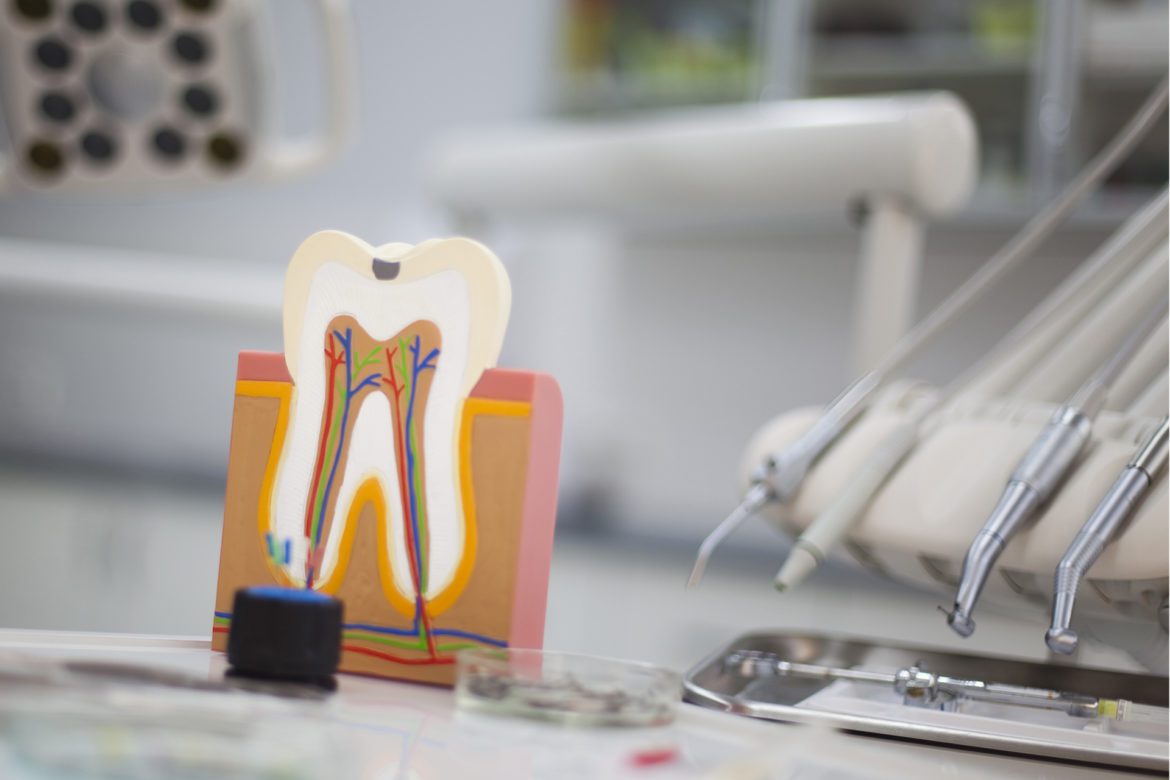For decades dental professionals have worked in a vacuum. Dental hygienists, dentists, and dental assistants have excellent educations in all things oral, but they know very little about legal or human resources issues. Their focus is on teeth and gums, and in today’s world that’s not enough.
Now more than ever, it is critical to work in harmony, reduce workplace friction, and ensure compliance with federal and state laws so we can focus on what we really want to do—care for people. Here is a real-life, in-the-trenches, complicated dilemma from a reader.
The gory, real-life story
I’m a hygienist who recently started at a new office that takes inventory every night. It takes the assistant 30 minutes to complete this task. One week, a piezo ultrasonic tip was missing. All the clinical staff members, including me, dug through the trash in search of the tip.
The next day the doctor told me the cost of the piezo tip was coming out of my paycheck. Has anyone else experienced their doctor taking money out of their paycheck due to an incident like this? I told myself I was never digging through the trash again for anything that can be so easily replaced. It’s not worth my health to dig through blood and saliva.
Acknowledge the emotion
It’s easy to have an emotional response to this vignette. While it’s impossible to know the extent of the daily inventory, I wonder what’s behind a dentist telling a new employee she must pay for something?
Based on the conversation, it appears the dentist has limited trust in the team, a strong need to control every aspect of the practice, and is comfortable initiating punitive measures when team members fail to live up to expectations. The office atmosphere does not sound pleasant, and several questions come to mind.
On to the facts
Is it legal for a business owner to deduct the cost of an item such as a lost piezo tip? Accidents happen. Without specific proof that the hygienist was responsible for the loss of the tip, the doctor’s action seems questionable.
If the employer can prove the damage or loss was done on purpose or due to gross negligence, then the employee can be required to pay for the loss. But given how hard it is for many offices to acquire proper equipment, it seems unlikely there was intentional malice involved.
Under the Fair Labor Standards Act (FLSA), a wage deduction related to lost or damaged property is allowed only if three conditions are met:
- The employee is nonexempt. (According to the federal Department of Labor, the majority of dental health-care workers are nonexempt.)
- The employee signed an agreement before the loss or damage took place, and this typically occurs at the beginning of employment.
- The deduction does not bring the employee’s hourly rate below minimum wage.
Many states have more nuanced local wage and paycheck laws that go beyond the federal regulations. Contact your state labor board for specifics. Some states consider damage or loss part of the cost of doing business.
Kara Kelley, a human resources expert who focuses on issues in the dental arena, added three important points.
- Even when the employer is allowed to deduct the cost of equipment from a paycheck, there’s usually a limit to how much per check. The final amount can not fall below the minimum wage for hours worked.
- If the amount is significant, the employer would need to spread the deduction over several pay periods.
- Most states have rules regarding employee consent for deductions that go past what was signed in the new-hire paperwork. Some states require a signed agreement prior to everyatypical deduction. When the amount is spread over several pay periods, the agreement can state the amount and specific dates for each paycheck.
Back to the facts of this story
Did the employees get compensated for time spent looking for the missing tip? If not, this is a clear violation of the FLSA Wage and Hour laws.3,4 All work time must be compensated. Wages can be less than the clinical rate, but the lower rate must be established and agreed upon by all parties in advance, and the lower rate must be at least minimum wage.
This story did not mention if the dental assistant is being properly compensated for the time it takes to compete the daily 30-minute inventory. This time cannot be off the clock. It must be paid.

